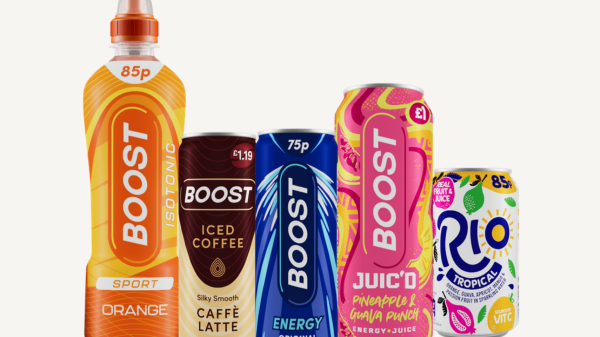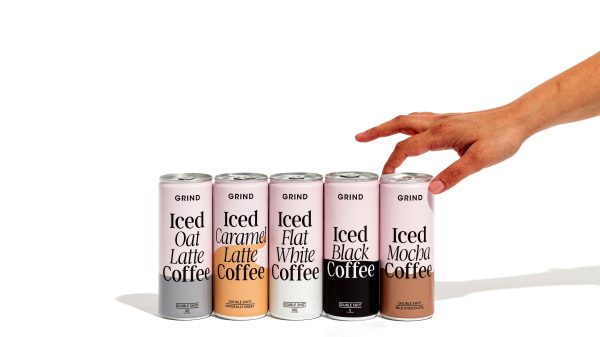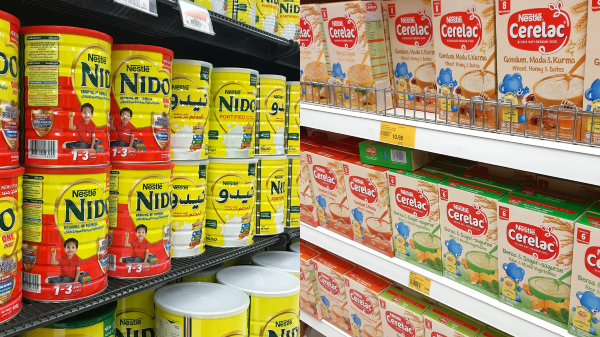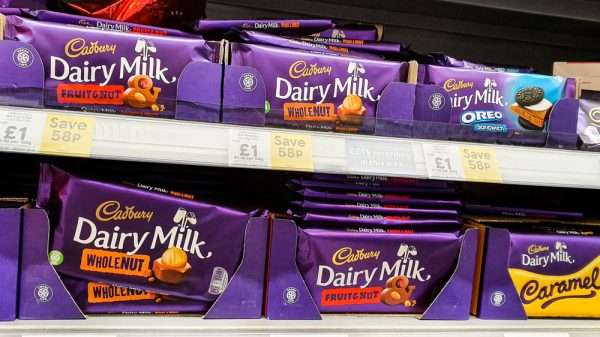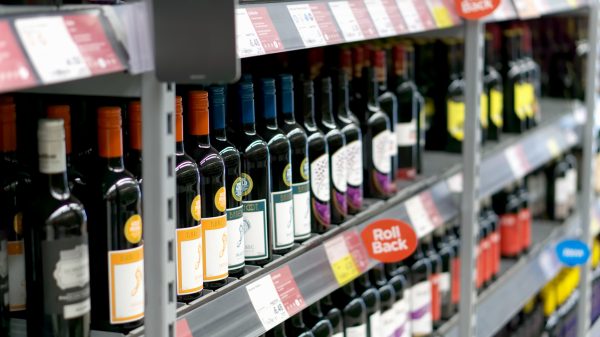Inflation and the difficulties surrounding cost price increases have weakened the relationships between the UK’s supermarkets and their suppliers, according to the findings of the latest survey from the Groceries Code Adjudicator (GCA).
Supermarkets will also be facing a series of arbitration hearings with the GCA, after adjudicator Mark White revealed the number of requests for cost price increases (CPI) had resulted in a series of short notice de-listings.
The annual YouGov survey revealed that more than a quarter of suppliers (26%) had experienced a refusal by a retailer to consider a request for a CPI or an unreasonable delay from the retailer in concluding the request.
This year was the first time that suppliers were expressly asked whether they had been affected by either a retailer delaying or refusing to consider a CPI request. It has been the most raised issue in the GCA’s surveys over the last five years.
The survey also highlighted an increase in problems with de-listing, which typically follows an unsuccessful CPI negotiation. One in every seven suppliers (16%) raised issues with de-listing without reasonable notice (compared with 12% in 2021).
READ MORE: Aldi voted top supermarket by British suppliers for 8th year in a row
The GCA described the grocery sector as suffering from a “perfect storm of supply chain shortages, and higher energy, raw material/ingredient, and packaging costs”. Some 80% of the 2,500 suppliers who responded to the 2022 survey had asked for at least one CPI in the previous 12 months.
The results also revealed that the number of suppliers not dealing with any issues from the Groceries Supply Code of Practice – which governs how retailers are expected to fairly manage their relationships with suppliers – had dropped to 47% (down from 56% in 2021).
This fall suggests that – following two years of pandemic where retailers and suppliers worked closely together and improved their relationships – pressure from rising prices has put those relationships under pressure, resulting in an increase of code-related issues.
Reports of payment delays, invoice discrepancies and forecasting errors were all up on last year’s figures, with suppliers increasingly unhappy with the effect of these disagreements and inaccuracies on their business.
Retailer response to the conditions has been varied, with Aldi returning to the top of the leader board for the eighth consecutive year with a score of 98%. Five retailers either improved or maintained their score despite sector challenges, while nine out of the 14 have seen their score drop, with falls of up to 11%.
“Inflation has affected the entire groceries sector as witnessed by the sheer scale of requests from suppliers to increase prices,” said White.
“I am concerned that the pressure has impaired relationships and created wider problems. My priority is to work with all the retailers to ensure they treat their suppliers fairly as they navigate the cost price process during this difficult time.
“It is also important that suppliers confidentially report any issues they have so I can take them up swiftly with the retailers.”
Click here to sign up to Grocery Gazette’s free daily email newsletter


